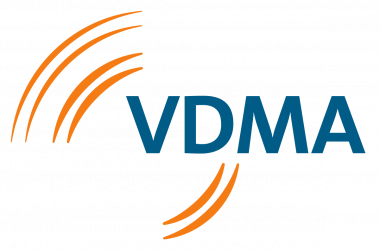VDMA: Top young talent with cutting-edge topics
The Chairman of the Walter Reiners-Stiftung foundation of the VDMA Textile Machinery Association, Peter D. Dornier has awarded prizes to three successful young engineers. The award-winning works provide practical solutions on the topic of circular economy. For example, the recycling of carbon fibres, which are used to produce lightweight components for the automotive industry. Or the environmentally friendly production of yarns from crab shells. Another topic was medical applications: The processing of ultra-fine yarns into stents for aortic repair. The award ceremony took place online on 9 November as part of the Aachen-Dresden-Denkendorf International Textile Conference.
With a creativity prize, endowed with 3,000 euros, the foundation honoured the diploma thesis of Irina Kuznik, TU Dresden. She used a creative approach to realise solutions for processing chitosan into fibre yarn.
Mr Kai-Chieh Kuo was awarded the diploma/master's thesis promotion prize of 3,500 euros. With his master's thesis, which was written at RWTH Aachen University, Mr Kuo contributes to the production of vital components used in medicine. The stents made of ultra-fine yarns are made possible by an innovative modification of the classic tube weaving process.
The Walter Reiners Foundation rewarded the doctoral thesis of Dr. Martin Hengstermann with the promotional prize in the dissertation category, endowed with 5,000 euros. The thesis deals with the production of recycled carbon fibres. These can be used to produce lightweight components for motor vehicle and aircraft construction or the wind energy sector.
New Prize Sustainability / Circular Economy
The environmental conditions of the textile industry and machine construction are changing. Topics such as climate protection and the circular economy are becoming central. From this perspective, the board of the Walter Reiners Foundation has decided to further develop the foundation's prize system.
In 2022, the foundation will for the first time offer a prize with a focus on design / sustainability. Peter D. Dornier, Chairman of the Foundation, explained: "Already in the design phase, one can set the parameters so that a textile product can be reintroduced after use into the economic cycle for a high-quality application. For example, through the appropriate use of materials and finishing. We are looking for solutions for resource-saving design, technology and manufacturing processes."
VDMA Walter Reiners-Stiftung RWTH Aachen TU Dresden Aachen-Dresden-Denkendorf International Textile Conference Sustainability
VDMA e. V.









